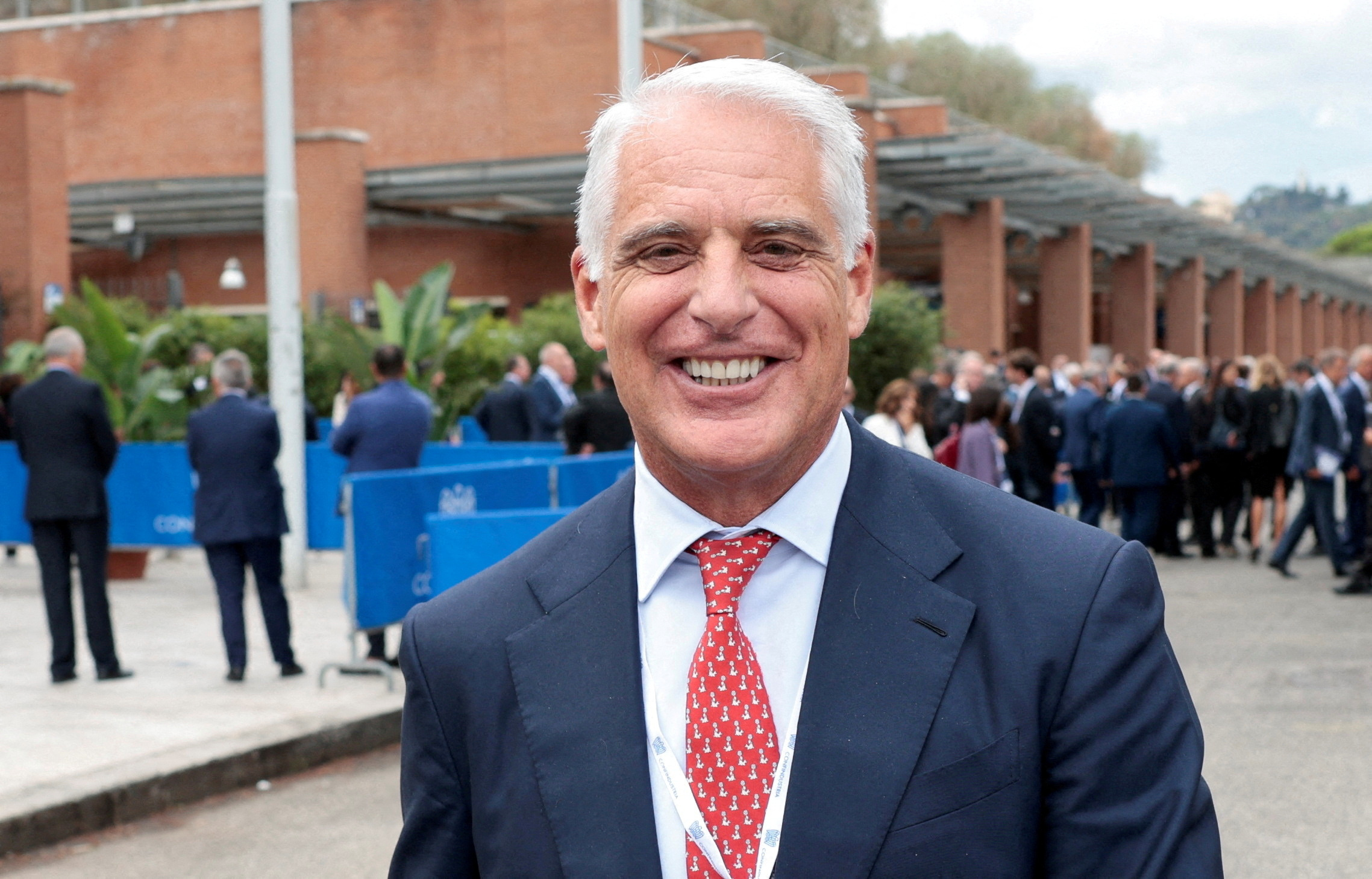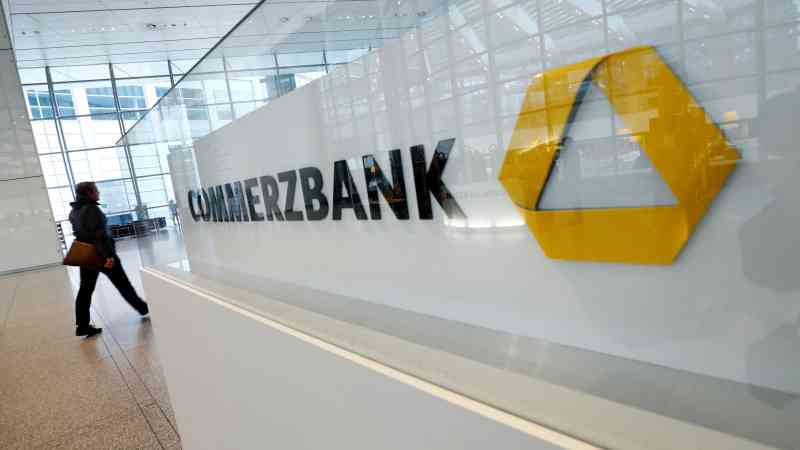The battle over the future of one of Germany’s biggest banks has intensified after Berlin warned it opposed a takeover of Commerzbank only hours after Italy’s UniCredit revealed it had increased its stake in the Frankfurt-based lender.
The European banking industry and Germany were stunned earlier this month when UniCredit announced it had bought a 9 per cent stake in Commerzbank and Andrea Orcel, the Milan-based lender’s boss, signalled he was considering a full takeover.
UniCredit had bought half of its stake from the German government, which had planned to sell Commerzbank shares to institutional investors and was apparently taken by surprise by the Italian lender’s swoop. Germany’s Finance Agency, the country’s central service provider for borrowing and debt management, said on Friday night that it was halting further sales of Commerzbank stock and signalled that the Federal Ministry of Finance would resist any takeover attempt, saying the lender’s strategy was “geared towards independence”.

Nevertheless, UniCredit announced on Monday that it was using derivatives to lift its stake in Commerzbank to about 21 per cent, a significant escalation of interest in its Frankfurt-based rival that puts the Italian lender on a collision course with the German government.
Berlin quickly rebuked UniCredit, with an official from the finance ministry saying that “we do not support a takeover” and that the administration’s stance had been communicated to the Italian bank.
This was swiftly followed by criticism from Olaf Scholz, the German chancellor, who warned: “Unfriendly attacks, hostile takeovers are not a good thing for banks and that is why the German government has clearly positioned itself in this direction.”
This knocked back Commerzbank shares by 6 per cent, while UniCredit stock fell 3.5 per cent. The physical settlement of the derivatives UniCredit is using to increase its stake “may only occur after the required approvals have been obtained,” it said.
There have been rumours for years that UniCredit, which already has a big business in Germany, might try and buy Commerzbank. The Italian lender has enjoyed a turnaround under Orcel, 61, a canny dealmaker who was previously one of the top investment bankers in the City of London and took charge of UniCredit three years ago. Jean-Pierre Mustier, who was Orcel’s predecessor as chief executive at UniCredit, is also thought to have looked at Commerzbank.
However, there has long been political opposition to big cross-border banking deals in Europe amid concerns that takeovers would deprive countries of national champions. This, and the lack of a bank deposit insurance scheme that spans the European Union, have posed big obstacles to pan-European dealmaking.
The German government’s stake in Commerzbank, which now stands at 12 per cent, is a legacy of the lender’s bailout during the 2007-9 financial crisis. Deutsche Bank, Germany’s biggest lender, has in the past been tipped as a potential suitor for Commerzbank. UniCredit’s decision to start stake-building in Commerzbank has fuelled that speculation Deutsche Bank could now be spurred into action.
The Italian lender said on Monday that it believed “there is substantial value that can be unlocked within Commerzbank, either stand-alone or within UniCredit”. However, Orcel has also previously signalled he would not pursue a takeover if Berlin opposes a deal.
The prospect of an Italian takeover of Commerzbank already faces a backlash within Germany, including from the influential Verdi labour union and Commerzbank’s works council.
